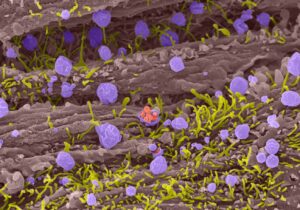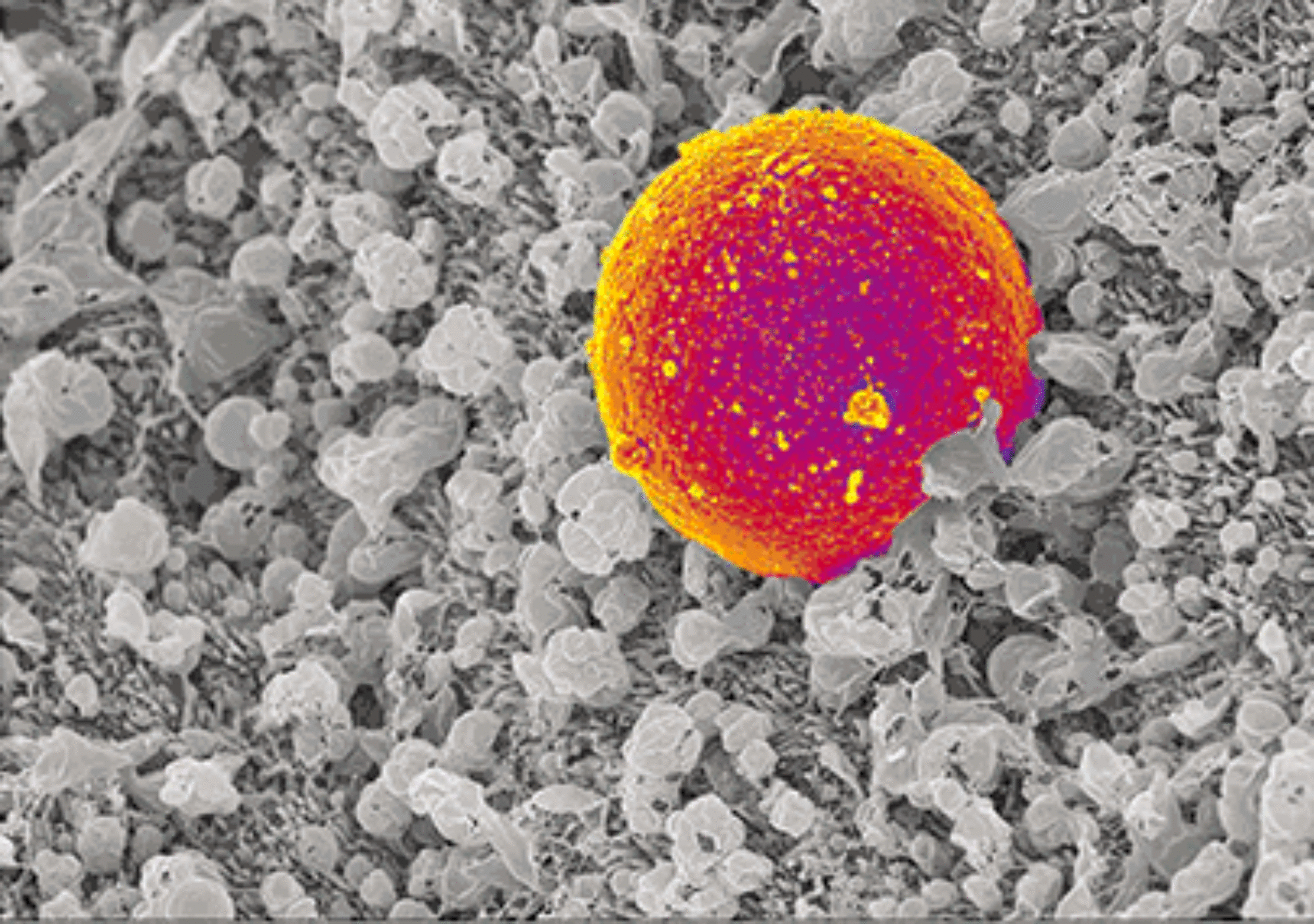NOW HIRING!! We are looking for a Postdoctoral Scholar to study mechanisms of G protein-coupled receptor (GPCR) interactions with receptor activity modifying proteins (RAMPs). APPLY HERE!!!!
Caron Lab Recruiting Several Graduate Students

We have several exciting research projects that need engaged, highly-motivated, team players to explore the role of G protein-coupled receptor pathways in cardiovascular and reproductive physiology. We couple the use of genetic mouse models and in vitro cell culture approaches with cutting-edge technologies, like in vivo GPCR reporter assays, lightsheet microscopy and organoids, to elucidate fundamental knowledge about how cellular functions and signaling pathways govern organ physiology and disease. Two high-priority projects need enthusiastic stewards to explore these exciting questions:
- How do cells of the uterine epithelium prepare themselves to attach a blastocyst? One way that uterine receptivity is established is by the timely presentation of fascinating cellular extravasations called “pinopodes”. Pinopodes are unique to the uterus, are observed in rodents and humans and are highly correlated with successful implantation (see image). Aren’t these incredible, and what is the cargo they seem to be releasing? No one really knows how pinopodes form, or what they do! We would like to explore the basic cellular signaling and cytoskeletal changes that induce pinopodes, define markers for them and ultimately leverage them for therapeutic improvement of implantation in assisted reproductive technologies. This project will nicely bridge the study of basic cellular processes with direct translational application. The project is ripe for fruitful collaborations with UNC’s cytoskeletal community, as well as clinician-scientists within our OB-GYN Dept.
- What is the function of Receptor Activity Modifying Proteins (RAMPs)? RAMPs are a small family of GPCR accessory proteins that serve as Mother Nature’s allosteric modulators. RAMPs can chaperone GPCRs, regulate their ligand binding (called functional selectivity) and G-protein bias. We have pioneered the study of RAMPs by developing novel genetic mouse models and in vitro approaches to screen for new GPCR interactors. We are addressing key questions like: i) Do RAMP 1, 2 and 3 impart conserved or distinct cellular signaling? and ii) Can modification of the RAMPs influence the physiological functions of these GPCR pathways in normal and disease states? This project is well-suited for students interested in receptor pharmacology and cellular signaling, with exceptional preparation for a future career in the pharmaceutical industry.
I am Chair of the Department of Cell Biology and Physiology, co-PI of the CSIP T32 and recipient of the UNC Basic Science Mentoring Award. Trainees from my lab enjoy careers in academia, pharmaceutical industry, clinical medicine, biotech sector, scientific writing and more! We are well-funded and proud of our amazing track record for individual fellowships. My door is always open! Please email me directly, and feel free to stop by the lab for a visit.
Postdoctoral candidates who are interested in our research program should contact Dr. Caron directly via email.
Undergraduates who are interested in summer or semester research opportunities should contact Dr. Caron directly via email.
